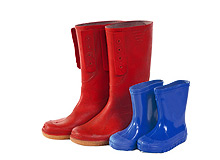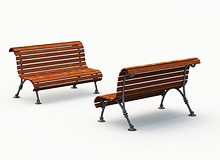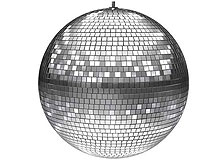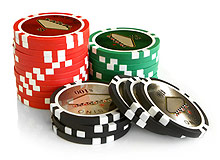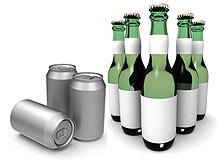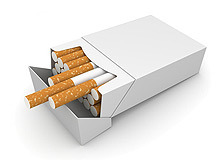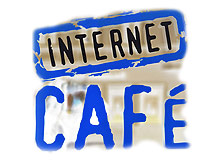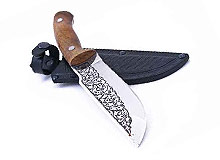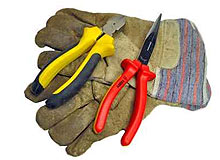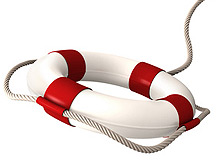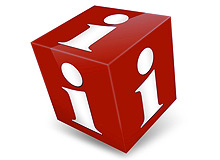Minors are children under the age of 18. In more and more Flemish Decree’s, there is made a distinction between children <12 and children >12. Children who are 12 years old (or older) are often legally “presumed” to consider what is in their own interest, and what the consequences are of their choices. E.g. in the “Decree of concerning the legal position of the minor in the integrated youth care”, children who are 12 years or older have to consent with the help program that is offered to them (they can also decline certain help etc.)
At the federal level a person ist criminally mature at the age of 14.
